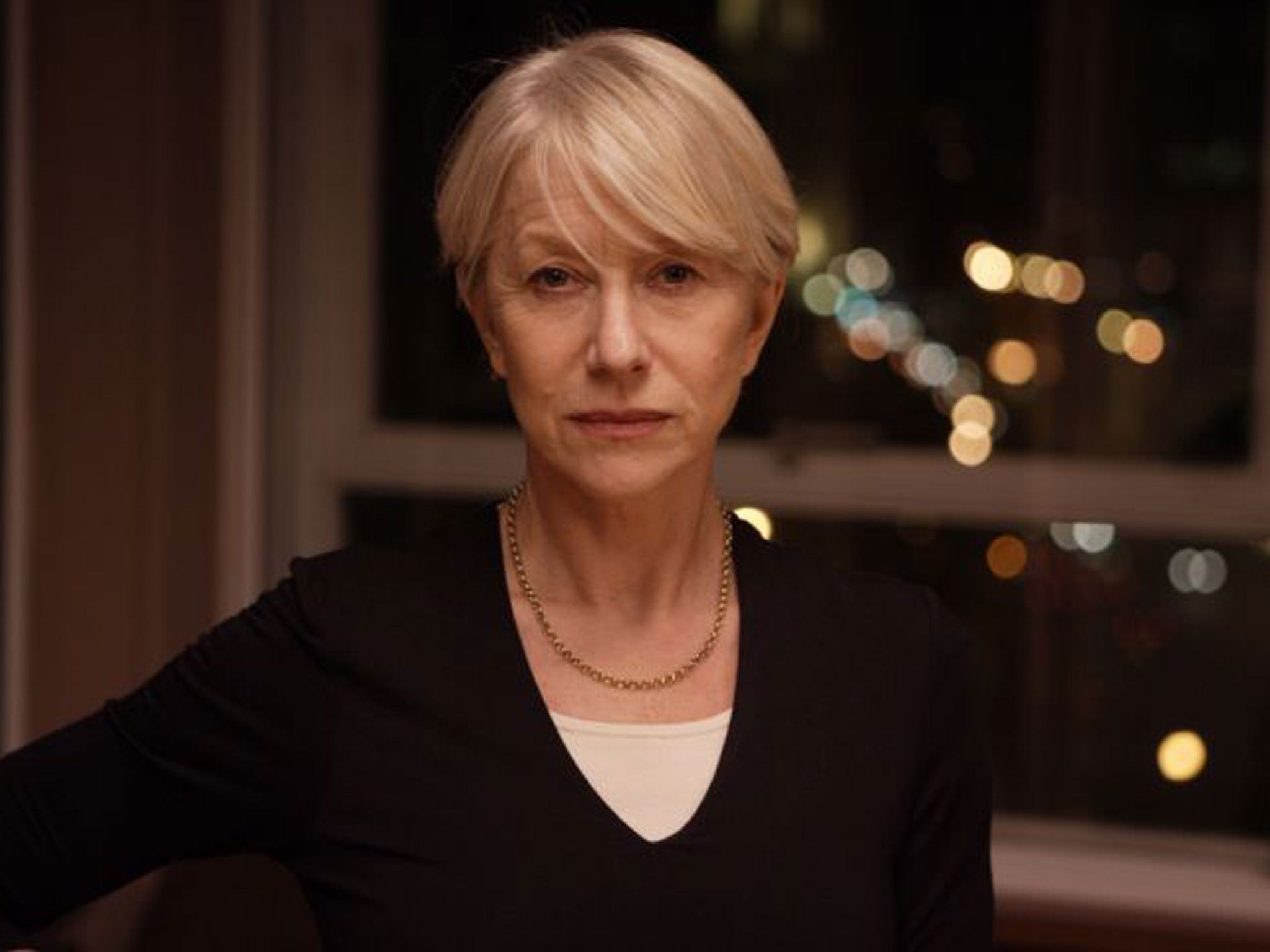Helen Mirren is right: When did TV violence against women become so acceptably ubiquitous?
I’m glad the subject has belatedly started to get the column inches and airspace it deserves

Your support helps us to tell the story
From reproductive rights to climate change to Big Tech, The Independent is on the ground when the story is developing. Whether it's investigating the financials of Elon Musk's pro-Trump PAC or producing our latest documentary, 'The A Word', which shines a light on the American women fighting for reproductive rights, we know how important it is to parse out the facts from the messaging.
At such a critical moment in US history, we need reporters on the ground. Your donation allows us to keep sending journalists to speak to both sides of the story.
The Independent is trusted by Americans across the entire political spectrum. And unlike many other quality news outlets, we choose not to lock Americans out of our reporting and analysis with paywalls. We believe quality journalism should be available to everyone, paid for by those who can afford it.
Your support makes all the difference.She took the words right out of my mouth. For years, I have been boring on at my diminishing circle of friends that British television, for all its qualities, has a real problem: an over-reliance on violence against women. Now, Dame Helen Mirren has spoke publically about it too, I don’t feel quite so alone.
I’m not, of course. Last autumn, the best-selling British crime writer Ann Cleeves (Vera Stanhope, Shetland) hit out against the violence against women in Scandi-noir thrillers, a point picked up on by one of our leading playwrights David Hare only last week, when he described TV’s rising female body count as “ridiculous”.
Of course it’s not just British television. Many recent foreign favourites from Montalbano to The Bridge via Engrenages and The Killing suffer from the same problem. Such violence is ubiquitous, and to what end?
You might argue it’s all relative, and that from Hollywood to video games everything is becoming more explicit. This includes the recent Girl With the Dragon Tattoo trilogy and non-sexual violence in the form of “torture porn” as popularised by Quentin Tarantino. Currently, it blights 12 Years A Slave.
Mirren herself has appeared in a few films and series where such violence was the norm: Prime Suspect, of course, but going further back to the likes of The Long Good Friday. She has claimed that she herself asked the director of her Red films to not have her character kill women.
Regardless of any whiff of hypocrisy on Mirren’s part, I’m glad the subject has belatedly started to get the column inches and airspace it deserves because of her.
However outstanding the performances and writing in recent hits such as Luther and The Fall, they have been particularly difficult to watch. The Fall, especially, went very close to glamourising violence against women. It makes for very discomfiting viewing, particularly with my other half or daughters in the room. It’s unnerving even when they are not present. I can’t help wondering why I’m watching it alone in the name of entertainment?

To which you might say, just turn it off. And, that’s exactly what we’ve started doing – well, if not turning on the likes of Ripper St, Whitechapel, What Remains and Lewis counts as “turning it off”. However, these series occupy many hours of peak time.
In a one-time favourite, Silent Witness, the portrayal of women has become so bad that it is now virtually unwatchable (regardless of ludicrous plots). There are bound to be bodies in a series set in a lab room full of forensic pathologists. But it is the casual panning shots of naked female actresses ‘playing dead’ that is almost as off-putting as the violence. Like Mirren, I sometimes imagine those actresses getting up afterwards to put their clothes back on and go home to their families.
I’m not calling for any type of ban or for writers to ignore the wider problem of violence against women. Instead, it’s a matter of asking those individual writers and directors to stop and think about the collective message they are sending by being so casually explicit. The trouble is that many of the above series have done very well in the ratings. Clearly, many of you disagree with Dame Helen… and me.
Stefano Hatfield is editorial director of London Live
Join our commenting forum
Join thought-provoking conversations, follow other Independent readers and see their replies
Comments